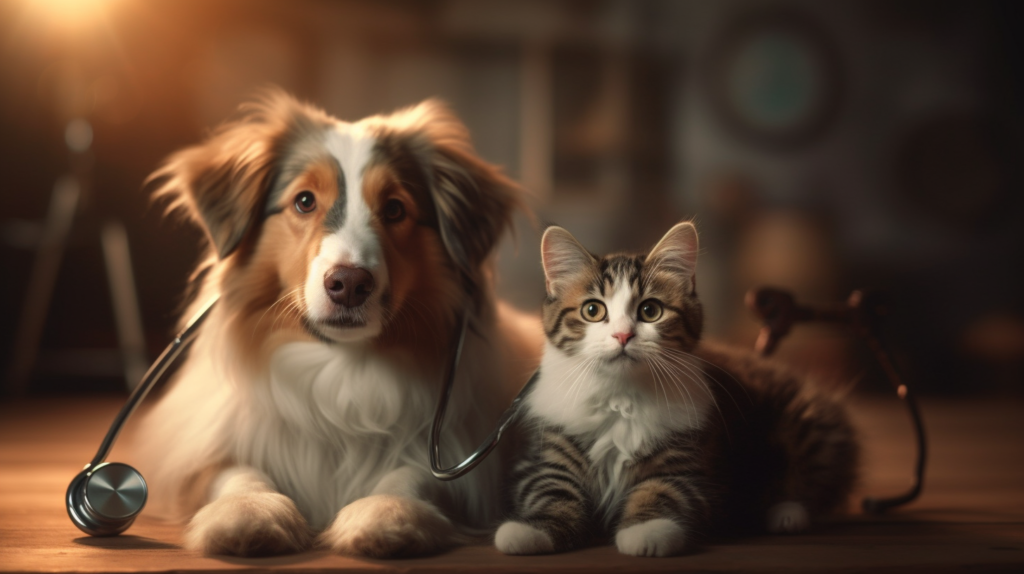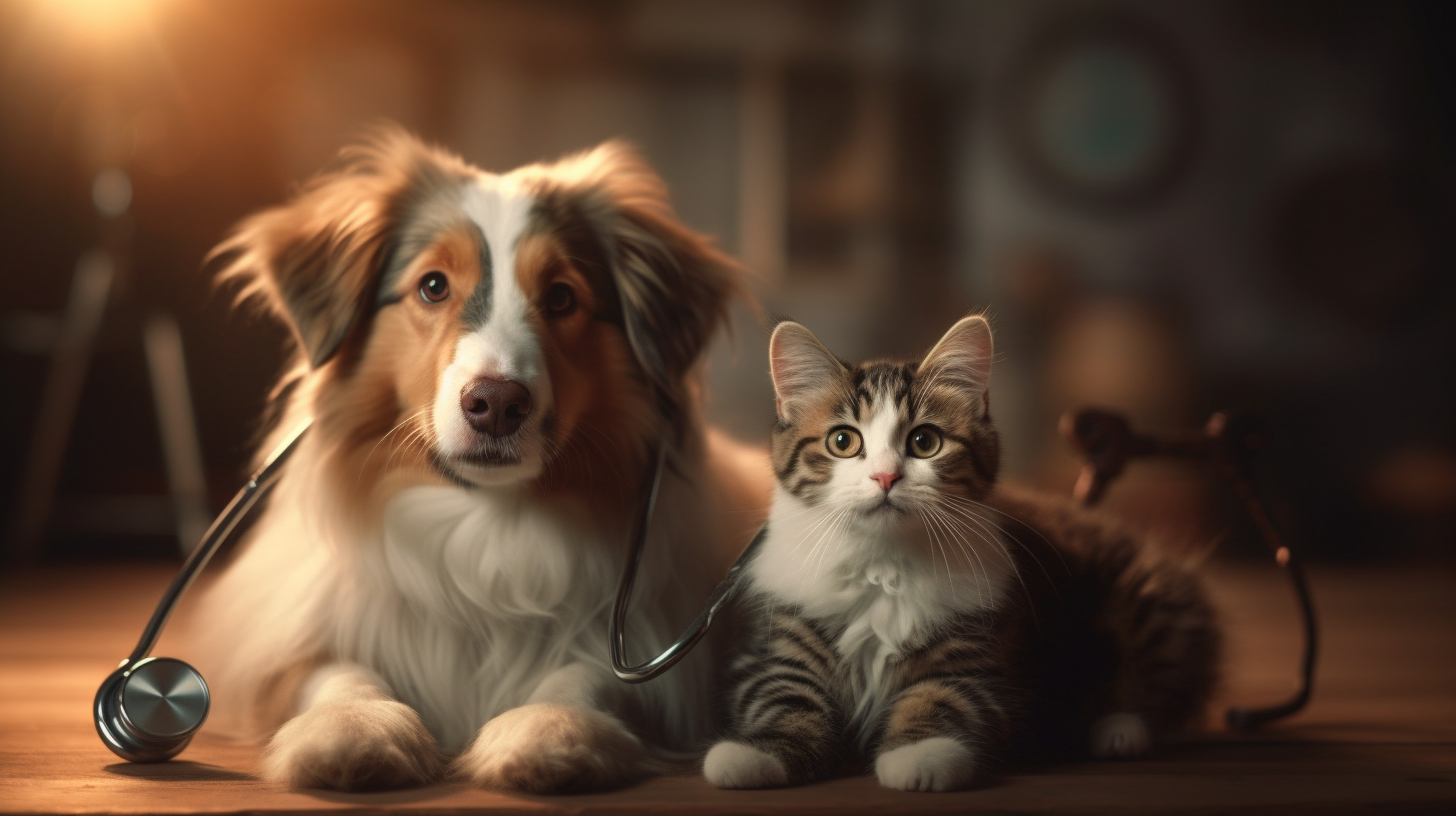When it comes to the health of our beloved furry friends, it’s essential to ensure they receive the best possible care. That’s why understanding veterinary care basics is an important part of being a pet parent. This article will take you through Veterinary Care 101, so you can provide your pet with the best health care. From knowing when to see a vet to getting vaccinations, pet parents will benefit from having the right information to ensure their pet’s long-term health. So, let’s dive into what it takes to properly care for your pet.
1. Caring for Fido: An Overview of Veterinary Care
Vet care is an incredibly important part of owning a pet. From regular check-ups to emergency surgeries, making sure that Fido is healthy and happy should be your number one priority.
- Regular Check-ups: Make sure to take Fido to the vet at least once every year or as recommended by your vet. This way, potential issues can be identified early-on, and subsequent treatments started as soon as possible.
- Diet and Exercise: Just like people, dogs need to follow a healthy and balanced diet for optimal nutrition. Additionally, make sure to get Fido out for regular exercise. This helps keep his body in good condition and his mind sharp.
When it comes to vet care, prevention is key. Vaccinations, regular flea and tick control, and parasite prevention are all musts for keeping Fido safe. Consistent check-ups will help make sure any developing problems can be nipped in the bud, saving you time, money, and heartache.
2. A Checklist for Pet Health Maintenance
Taking care of your pet’s health is important to ensure your pet has a long and happy life. Here is a checklist of things to do regularly for pet health maintenance:
- Incorporate regular physical check-ups with a veterinarian into your schedule.
- Provide your pet with a balanced diet of high-quality, species appropriate food.
- Maintain an appropriate weight for your pet.
- Schedule regular prophylactic treatments (e.g., flea/tick treatments, vaccinations, etc.).
- Keep your pet active with outdoor exercise and playtime at home.
- Groom your pet on a regular basis.
Be mindful of your pet’s behavior. Monitor your pet’s behavior and alert your vet of any changes. Unusual behavior, such as changes in sleeping patterns, changes in eating habits, or aggression, can be signs of something more serious. Certain changes can indicate serious health problems that require immediate medical attention.
3. Keeping Up with Pet Vaccinations & Health Exams
With pets, regular health examinations and vaccinations are important to protecting them from preventable diseases. Knowing what to do and when to do them is key to providing proper care for your beloved pet.
- Vaccinations: Work with your veterinarian to create a vaccination schedule that fits the needs of your pet and the laws of your region. Vaccines are essential to protecting your pet from contagious, potentially fatal, diseases.
- Health Exams: Place an appointment with your vet at least once a year for an annual physical exam. During this time the vet will assess if your pet’s health is optimal and if anything needs to be addressed.
Having up-to-date vaccinations and regular physical exams are essential for keeping your pet healthy. In addition to helping prevent diseases and illnesses, these can also detect common problems before they become serious. So don’t forget – plan ahead and schedule those yearly examinations with your veterinarian.
4. The Signs of Pet Illness & Injury
It’s important to be able to recognize the signs of illness or injury in your pet. Being able to spot the following tells you that it may be time to see your vet:
- Unusual or persistent coughing and sneezing
- Vomiting, diarrhea, especially when lasting more than a day or two
- Lump or a wound that does not heal
- Lethargy, lack of interest in surroundings, and lack of appetite
- Weight loss, especially if unexpected
- Swollen or stiff joints
Early detection and treatment of illness or injury can help your pet live a long and healthy life, so keep an eye out for anything out of the ordinary in your pet’s behaviour or appearance. If your pet is showing any of the above signs or if you think something is not quite right, then seek out professional help.
Ultimately, your pet’s health is in your hands. Following Veterinary Care 101 and understanding the basic needs of your pet will go a long way to their overall well-being, ensuring they live a happy, long, and healthy life. Give your pet the love and attention they deserve, and they will love you back!

